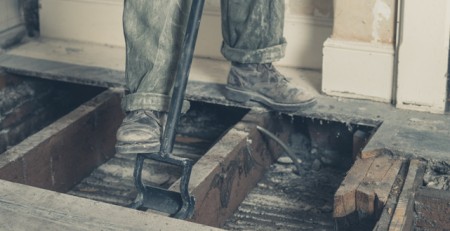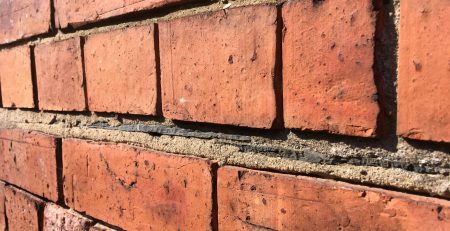The hidden costs of buying an older property
If you’re thinking about moving home, then you could be tempted to get an older property. They definitely have several traits that make them more appealing than a new build, for example a more interesting look or more space. Yet they can also have surprise costs thanks to having to pay extra for utilities, or for having to repair problems associated with older properties.
Why older properties can be appealing to buy
The experts at LDN Properties know all about buying houses and flats, including older buildings, because that’s been their focus since they launched back in 2003. They’ve bought all types of home over the years and that’s why they’re perfectly placed to offer advice on buying an older house and the costs associated with it.
They know that older properties can be appealing for many reasons, ranging from aesthetics through to practical benefits. For example, although it’s not a hard and fast rule, older homes tend to have larger rooms and overall more square footage than new builds. That’s because property developers these days try to cram as many houses into one area as possible, which in turn naturally means each individual home will have less space than an older build.
Some homeowners also want an older home for the look of such properties; there’s more chance that a property that is decades old will have a better individual look and style throughout compared to a new build. One criticism of new builds that you might have heard is that all of the houses in a development tend to look the same. Older properties tend to be one-off builds and therefore have significantly more visual charm compared to new builds.
Older properties can come with hidden costs
Whilst older houses, and even flats built many years ago, can have their perks as described above, a big concern you need to consider is the cost of owning such a property. You might be wondering how much is your Luton home worth?
For one thing, utility costs can be much higher compared to new builds. When you buy a purpose-built modern home they tend to have the latest energy efficiency devices installed to help you cut down on your bills for water, electricity, and the like. A home that was built decades ago, or even before the 20th century, will not have the same efficient structure. There might be draughts and other flaws due to old age that require a much greater use of utilities. That in turn will drive up your overall utility bills and the bigger the home, the higher the chargers will be.
Another major issue that you need to consider about costs with older properties are the legal fees and other charges you might have to pay if you want to renovate the home. A number of older homes in the UK are “listed” properties, which means they have special protections in place against anyone making major changes to the buildings without prior approval.
Listed properties are designated in grades, as the UK government’s website explains, including Grade I buildings that aim to protect buildings of “exceptional special interest,” Grade II* buildings which are important homes of “more than special interest,” and finally Grade II buildings of special interest that justify preserving them as close to the original as possible.
If you buy a listed building and decide that you want to build an extension, or completely restructure the interior, you’re probably going to need help from an architect to help guide you through the often complicated process of trying to get planning approval for such changes. These fees are another of the hidden costs involved with buying an older home.
And it’s not just the costs of an older property that might be hidden; structural problems with the house can also be buried and not discovered until weeks or months after you move in. Older homes might include building materials that have in the ensuing years be found to be hazardous, like asbestos. Paying to remove these problematic materials is another cost that you’ll have to consider if you’re thinking about buying an older house.
Buying an older home can be a great idea so long as you plan ahead
Deciding to buy a house or flat is a major financial decision and it’s one you shouldn’t take lightly because you’ll hopefully be moving into a place where you’ll live for many years.
Because of the huge amount of money involved with moving home, that’s why you need to carefully think about the potential hidden costs described above that you might face when buying an older property. Take plenty of time to assess your finances and consider whether you have the necessary funds to address both obvious costly problems that might occur with buying an older home, and also any expenses from any surprise issues that could also arise.







